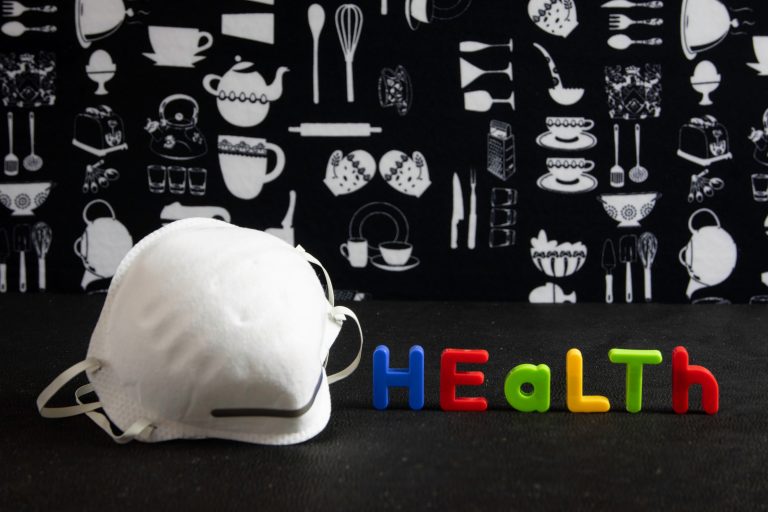Healthcare is an essential service that no community can live without. Since people in this field serve the most vulnerable groups in society, they must have the best traits to cater to unique needs in the face of illness and disability. Yes, it is a challenging profession, but it certainly brings about huge rewards.
Becoming the right person for a healthcare job takes more than just a doctor of physical therapy degree, master of science in nursing degree, bachelor’s in public health, or any degree in related studies. The pivotal role of helping people enjoy the best quality of life at a difficult time requires particular character traits, which are also your tickets to success.
Do you think you fit the job to the core? Check out if you have the following skills, qualities, and traits that exceptional healthcare providers possess. Read on.
- Passionate. The passion for the job shows one’s commitment to helping others. If you love what you do, you will have the same intense drive to perform your best in whatever role you must take. The statement is true whether you are the main man or a locum tenens care worker. When your heart is at it, you are always up for the job, no matter what it takes. Your passion greatly intensifies whenever your skills and services are required.
- Empathetic. A visit to a medical facility is almost nerve-racking for some patients. They need empathy more than sympathy to stay calm and inspire a willingness to get treatment. They need you to relate to their feelings, validate their woes, provide comfort if they need it, and be there to listen. Your empathy will keep them positive no matter how complicated or frustrating their situation may be.
- Respectful. When you treat your clients with respect, patience, and open-mindedness, they will grow confident to let you handle their issues. Patients may come from different backgrounds and may have different beliefs and lifestyles. The only language understandable to all is one with respect.
- Knowledgeable and experienced. While it is true that healthcare workers are judged by their credentials before they get into the job, how well they can practice the principles matter more. Once they are in a healthcare setting, the knowledge they earned through experience will work for them as they start dealing with patients. The last thing your clients would mind is the school you attended. It matters to them more how you can meet their needs efficiently.
- Dedicated. Healthcare workers go through extremes while on duty, and it takes dedication for them to keep up. They say getting into this profession is more of a calling than a career, and rightfully so. Healthcare workers often put others before themselves. They are expected to continue holding their ground despite the pressure and stress of the job. It takes a good sense of dedication to the profession to have that kind of motivation.
- Friendly. To become an exceptional healthcare provider, you need more than just a diploma. You need a kind heart to help steer you in the right direction when dealing with patients of all kinds. Moreover, you must keep a warm and positive attitude all the time to let them open up. Your friendliness is an assurance that they are in good hands.
- Can multitask. Healthcare workers typically have a lot on their plates and are doing two or more things at a time. The ability to stay calm under pressure and keep your focus in such a busy environment is essential to carrying out your tasks. With all the chores you need to do simultaneously on-site, your talent in multitasking can give you a significant advantage.
- Good communication skills. Care professionals can only build healthy relationships with their patients if they communicate effectively. This type of job requires you to be around people most of the time. If you do not know how to listen and explain medical jargon in layman’s terms — in a language ordinary people could understand — you will have to start learning because only then can you relate to your clients effectively.
- Critical thinking. Healthcare facilities get about hundreds of different situations each day. So critical thinking is a crucial trait that workers must possess. They must have an apparent ability to keep up with the challenges within a short time. Good problem-solving skills help healthcare providers to work rationally and calmly, even in the face of distress. If you can come up with a suitable solution to satisfy everyone, especially during crunch time, despite the last-minute changes, you are most welcome in this industry. In an industry where one mistake could result in devastating effects, you should know how to properly call the shots, pay attention to details, and keep track of the possibilities to deliver the best outcome.
- Physically fit. With so much going on in healthcare facilities, fitness is another requirement. You must be active enough and have the energy to keep up with your duties until your shift is done. This fast-paced job will keep you on your feet, lifting objects, or hovering around. How can you help others be in their best shape when your health is compromised? Hence, you must work hard to achieve a level of fitness that will allow you to accomplish your tasks for the day without difficulty.
The care industry is complex. It can be overwhelming most of the time, and you must be prepared if you plan to get into any role within this field. The challenges of the job are aplenty, and they come in different forms to test your professional and personal skills. More than your educational background, how you perform well under pressure matters. You have to learn to deal with the difficulties on-site to become an essential team player in the facility.
You will know if you have what it takes to be an exceptional healthcare provider if you are armed with the right skills and character traits to keep up with the issues and resolve them effectively. How well you can practice the principles of taking care of others and looking after their wellbeing would impact your success.
Image: https://pixabay.com/illustrations/doctor-medical-healthcare-6695949/
HR Future Staff Writer
















